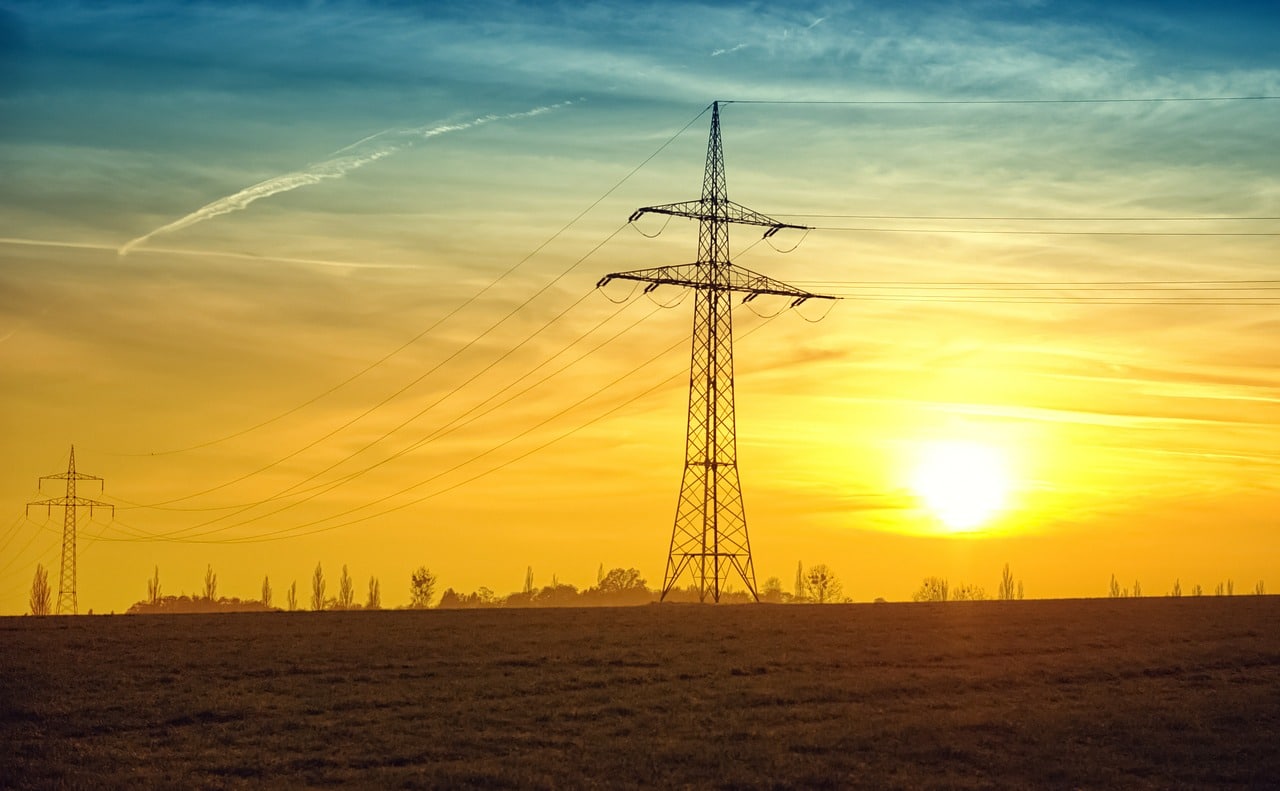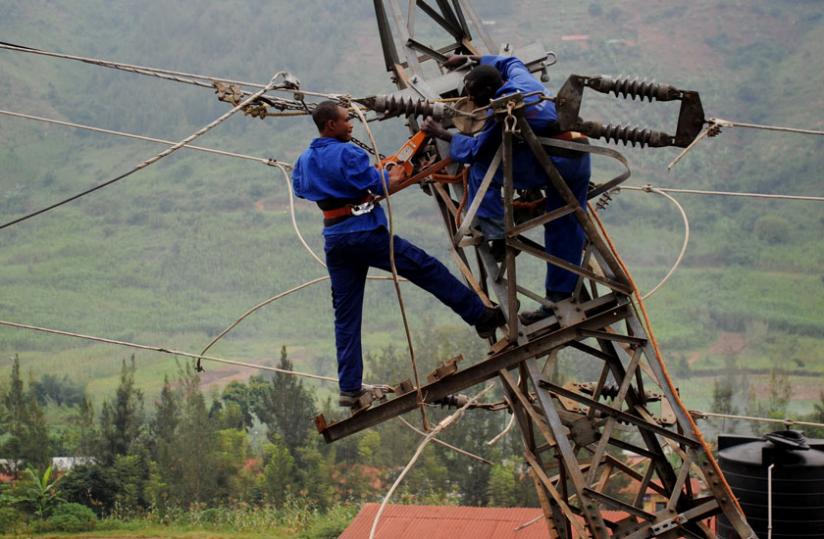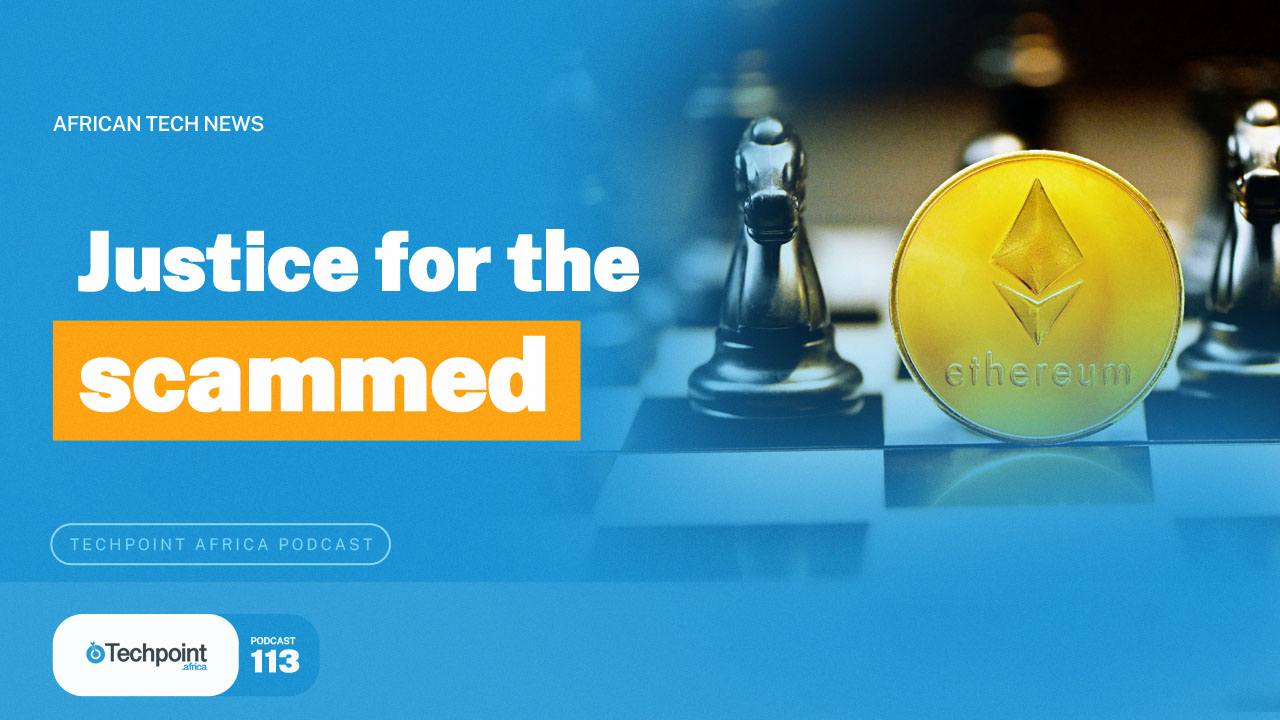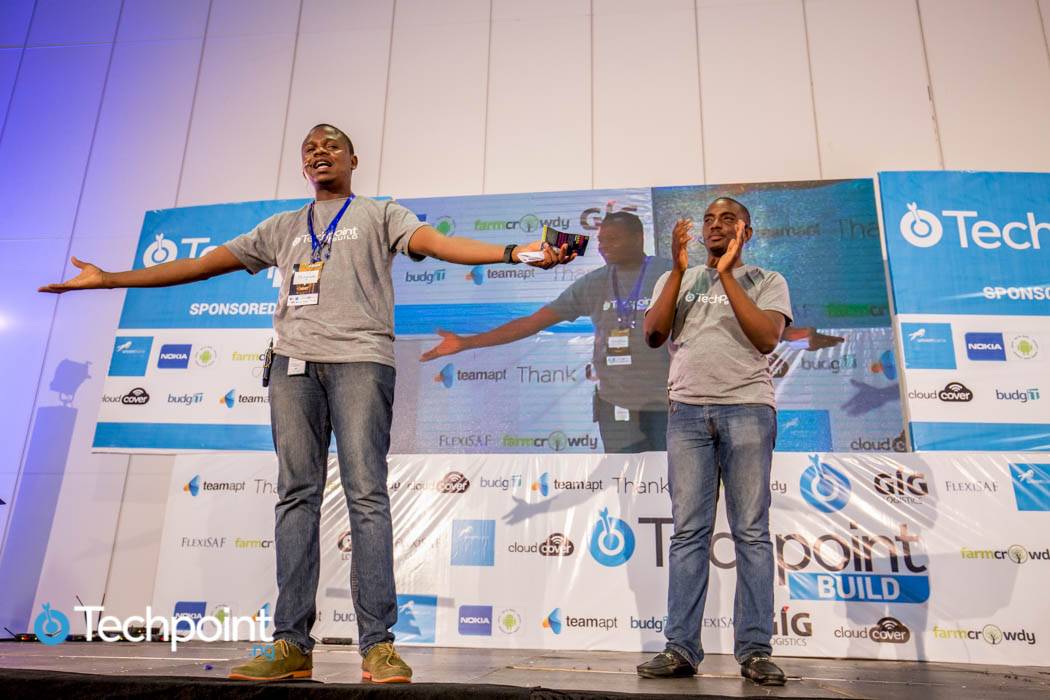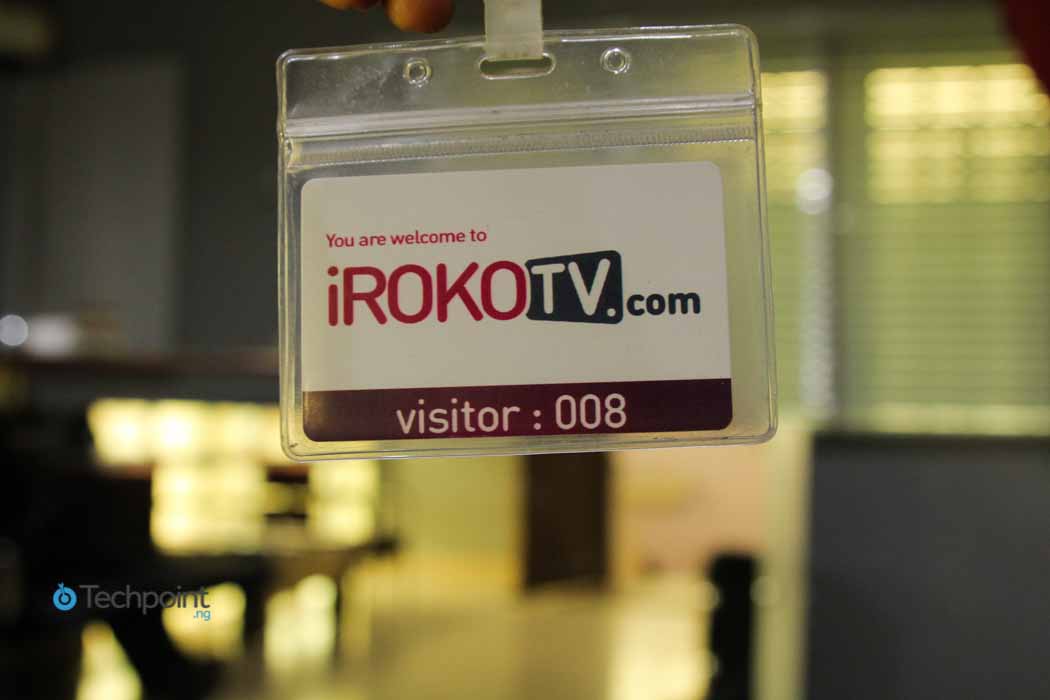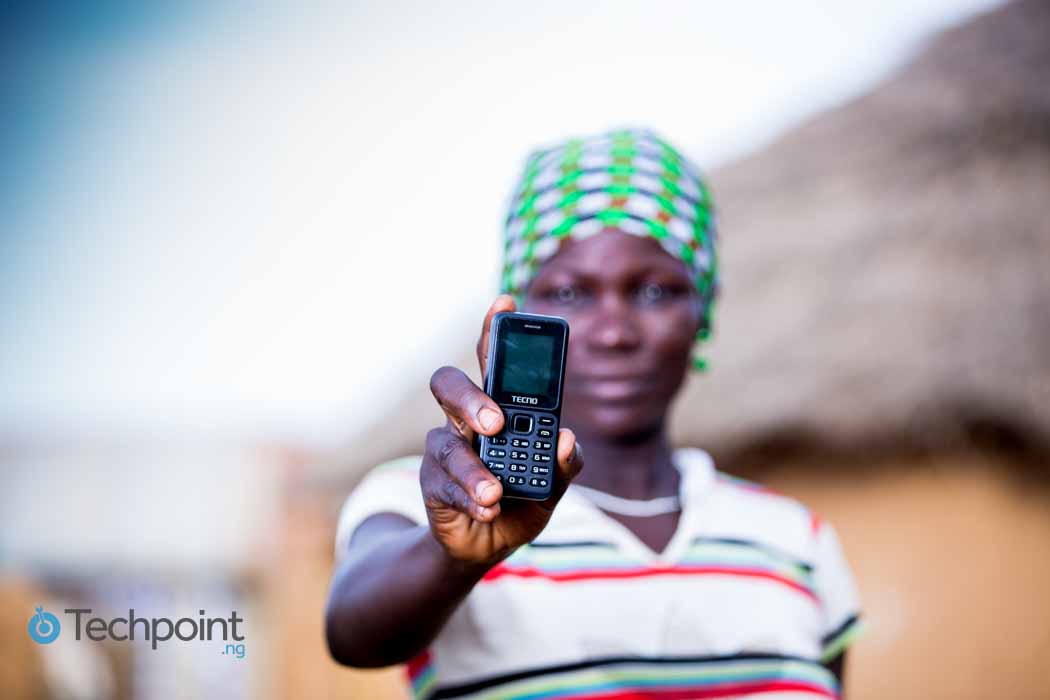Power is one of the most needed resources to ensure the smooth operation of a country. Nigeria is not exempt from this. Looking at the history of Nigeria, the government has continually implemented different strategies to solve the issue of power which seems to be one of the biggest problems in the country.
There has been a lot of change while deciding the right set of people that’ll efficiently manage the power sector in the country. While the colonists were still around, the Electricity Corporation of Nigeria (ECN) was in charge of the use of electricity in the country but it was later merged with the Nigerian Dam Authority (NDA) to become the National Electric Power Authority (NEPA) in 1972. NEPA was later renamed the Power Holding Company of Nigeria (PHCN) to govern the use of electricity in the country.
In 2013, PHCN was dissolved by the federal government which left 18 successor companies to govern the affairs of the power sector. Among these companies were 11 distribution companies, 6 generating companies and 1 transmission company. These successor companies were located all across the country, this gave an idea of decentralisation of the power management sector to allow for easier and efficient communication with consumers of the electricity produced.
In continuance of the possible improvement of the power sector in Nigeria, prepaid meters were introduced in the country. These meters are not analog and would not have to be analysed by officials of the power companies to know the amount due to the consumer, they work on a subscription basis. Which means you can just purchase a specific number of watts on your card and key into the meter.
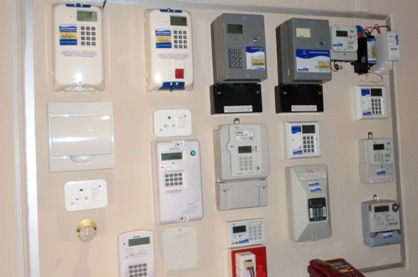
In an interview with consumers of electricity in a particular area of Nigeria, one of the residents who requested anonymity said,
"We once had a high voltage which made the prepaid meter trip off, as a result, we made calls to the officials to have it corrected. It took the official about 3 weeks to pay his first visit to the house, upon arrival he claimed there was a code he had to get before he could have the issue fixed. That didn’t seem like a problem, at least not until he didn’t return till it was about two weeks. We had to stay in darkness for about six weeks before our power was restored"
Complaints like this can be traced to the non-existent customer care centre for the distribution companies. With a functioning customer care system, there won’t be any troubles when consumers have a problem in their electricity supply.
Earlier this year, while speaking to newsmen, Mr. Abdul-Rasak Fashola, National Coordinator of Citizens Access to Electricity Initiatives (CATEIN) stated that the outsourcing of prepaid meter installation to contractors gave room for mismanagement by the outsourced companies. These individuals who have done the work of installing these meters also bring up the suggestions of consumers bypassing the meters, which implies that, consumers would be piggybacking electricity and not need to pay their electricity bills anymore.

Be the smartest in the room
Give it a try, you can unsubscribe anytime. Privacy Policy.
Another resident, who is a customer to one of the Distribution Companies (DisCos), confirmed that some of the newly distributed prepaid meters being installed at the moment were substandard in relation to those that were first inaugurated by the government. This will suggest that the DisCos are not being efficient with their service to their consumers right from the root of the distribution process. Many customers have also complained of the delay in the delivery and installation of the prepaid meter in homes. They claim to have made requests for the installation of the meters and also paid the fees necessary but the officials have not installed the meters in their homes and other officials still come to issue statutory bills to them on a monthly basis.
National Electricity Regulatory Commission(NERC), a regulatory committee inaugurated by the former president of the country, Goodluck Ebele Jonathan, made a statement in furtherance of these allegations. They instructed consumers who have requested and paid for the prepaid meters and have still not received the prepaid meters not to pay for any statutory bills brought forth by the DisCos. This directive is intended to put the DisCos on their toes and ensure they make the prepaid meters available to consumers, But will it last?
New reports claim the NERC have threatened to dissolve some DisCos who have not been adequately satisfying the requirements of being a distribution company for the federation. According to Prof. Frank Okafor (Commissioner, Electrcity performance and monitoring, NERC)
We are looking at very heavy sanctions, including calling off the boards of some DisCos and replacing the boards. It is going to be as bad as that very soon because NERC has the right, just like Central Bank of Nigeria does to the banks, to sack the boards and put in new boards
However, observing the continuous unreliable service of the newly appointed DisCos and the threats from the power sector's governing body, it can be seen that there may be a reoccurrence of what led to the dissolution of PHCN in 2013. The Power Holding Company of Nigeria at that time was tagged unreliable and more efficient individuals were gotten to manage the power sector. How do you think the dissolution of the DisCos by NERC will affect the power sector in Nigeria?

